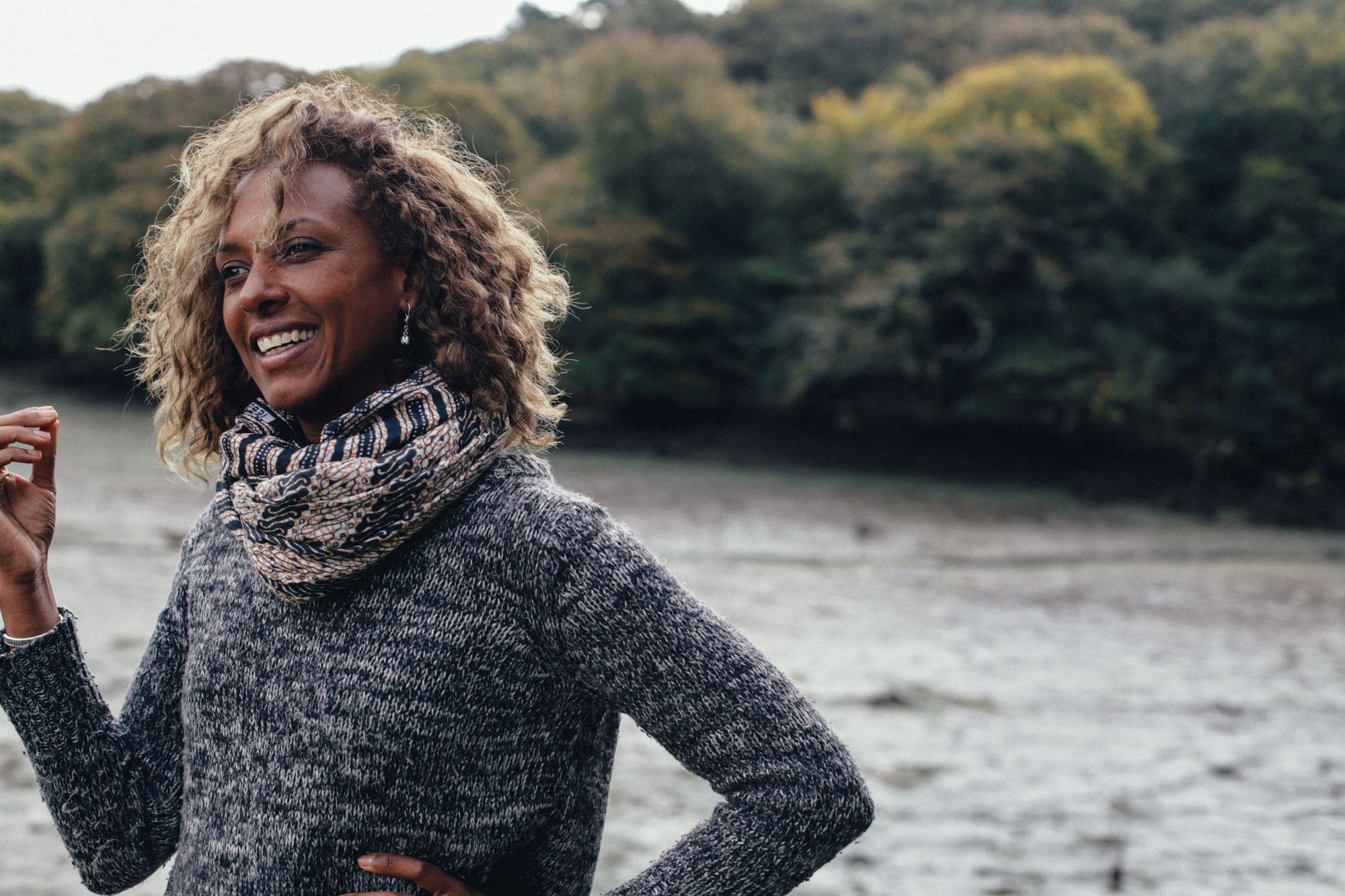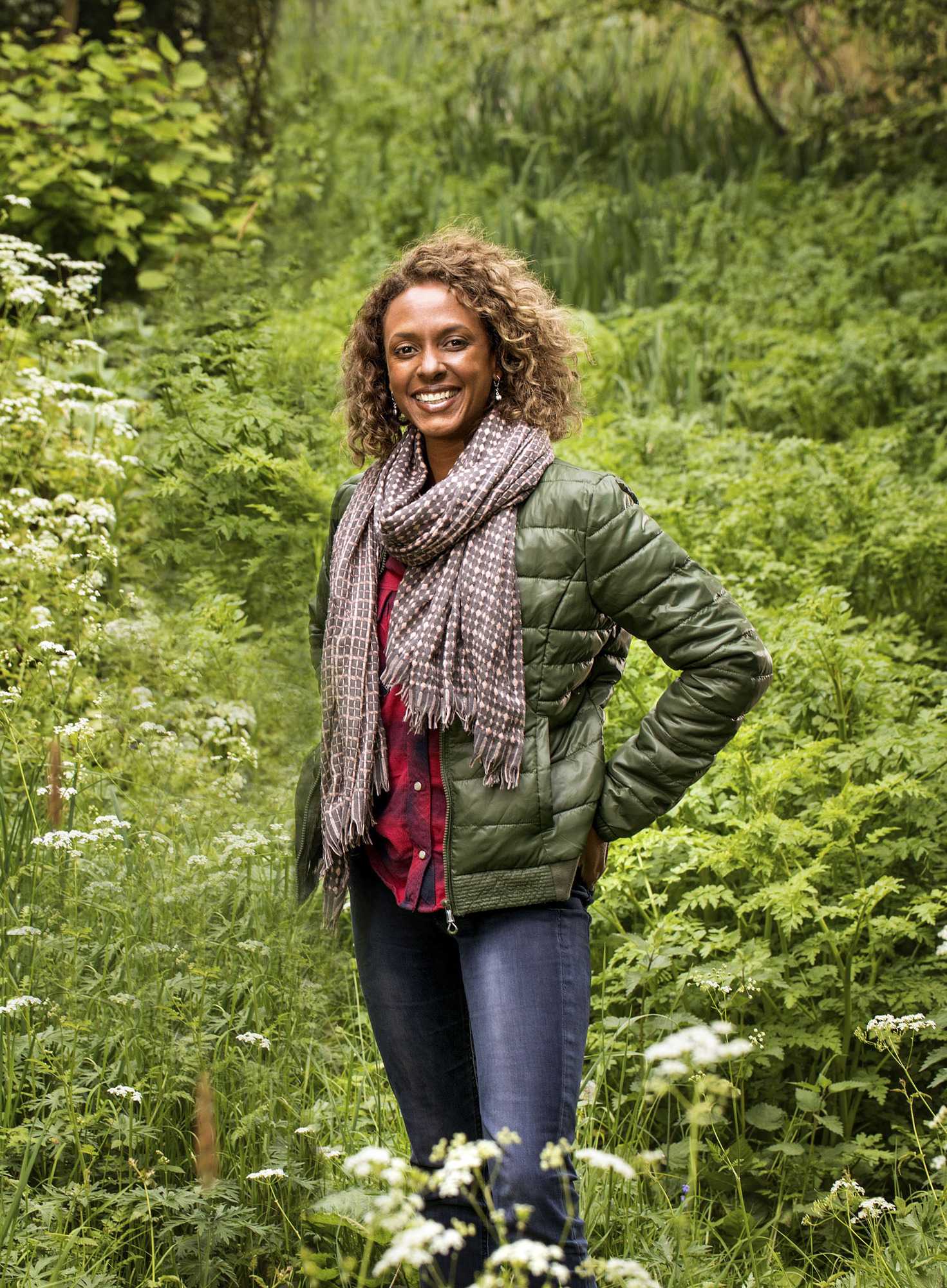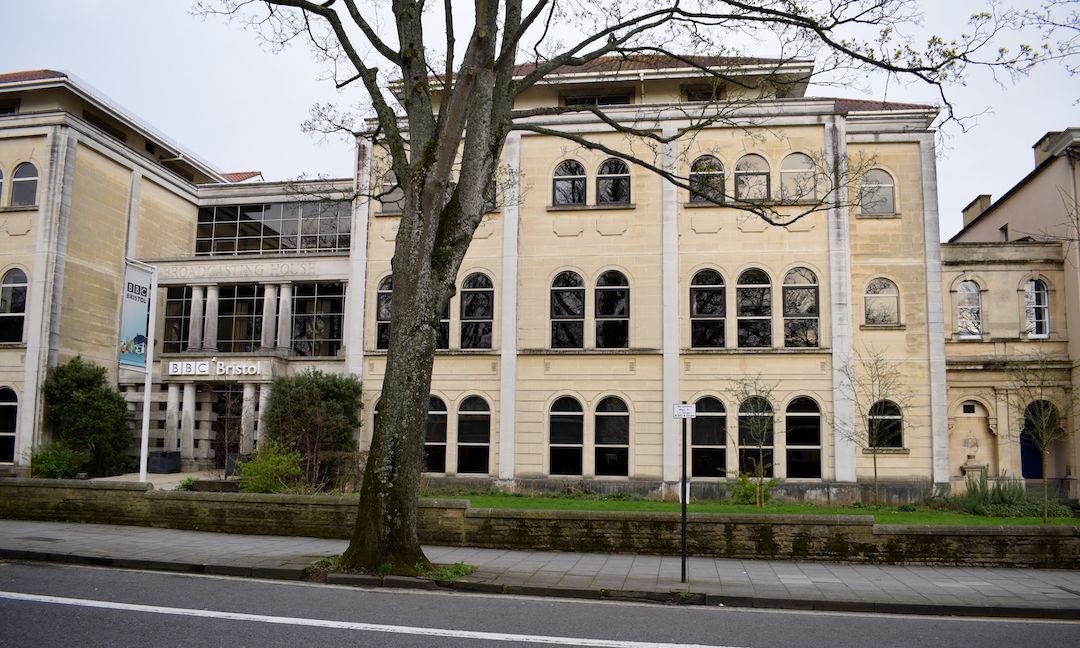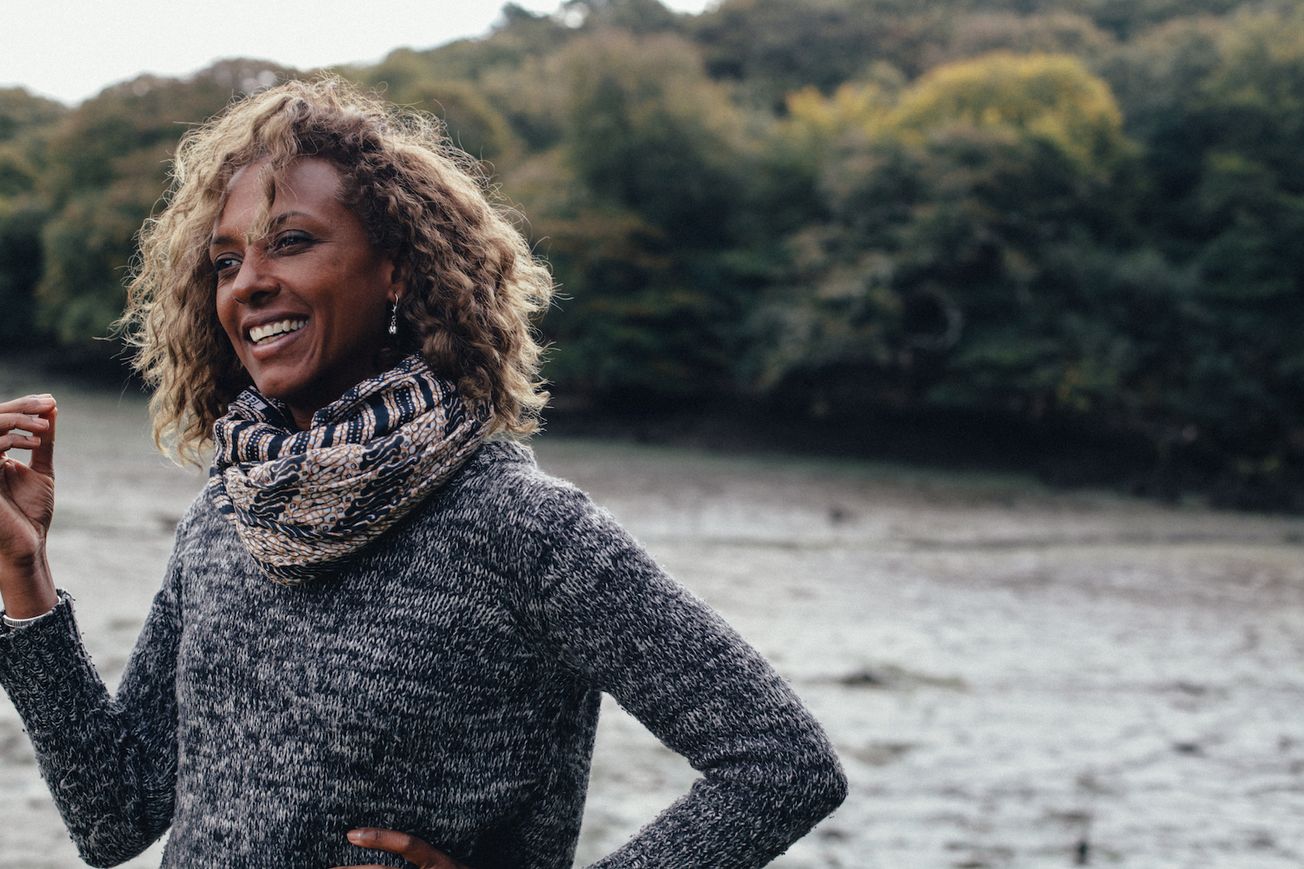By Imogen Horton, News Editor
'I’m one of those people who just thinks that everything is going to turn out just fine,’ Gillian tells me, ‘I just assume that things are going to work - sometimes they do and sometimes they don’t!’
A regular presenter on the BBC series Springwatch and Autumnwatch, Bristol University alumni Gillian Burke has also worked on many other wildlife documentaries including Blue Planet UK.

Growing up in Kenya, living ‘out in the sticks’, Burke had ‘a lot of time to explore the world at a child’s pace’. Her mother worked for an environmental programme while her father was keen that she and her brother would ‘fall in love with the wonders of Africa’.
She tells me how she spent her time ‘rooting around for beetles and termites’. Reflecting on this, she said ‘I had this gentle exposure to nature and the natural world. It was just a part of my life; it wasn’t necessarily a choice.’ When she moved to Vienna, aged ten, things changed. ‘I forgot about all of that and got really involved with performing arts and ballet, I sang and acted too’.
It was only once she turned eighteen that Burke decided ‘I’ve got to get a degree in something that is going to get me a job’. Studying for a biology degree was inspired by her early childhood memories in Kenya, she told me, adding ‘If I wasn’t going to do drama, I thought I’d quite happily spend the rest of my days bumbling around in Landrover, working for the Kenyan Wildlife Service.’
Back in 1992, Burke stepped off a plane at Heathrow with two suitcases. She’d visited the UK before but never Bristol and yet this is where she’d spend the next three years at university. A resident of Badock Hall, Burke became completely immersed in her degree course. We chat about what Bristol was like, the friends she made and the occasional trips to Thekla.
Although the only BME student on her course, Burke tells me that a lack of diversity didn’t impact her university experience. ‘I noticed it, but it didn’t trouble me. That was just the way the world was: “BME” wasn’t even a thing.’
'If I wasn't going to do drama, I thought I'd quite happily spend the rest of my days bumbling around in my landrover'
Considering the situation today, she adds ‘It’s good that people are trying to redress the balance, but it wasn’t something I thought about back then.’ Instead, the biggest division she encountered was between the arts and the sciences. Met with bemusement when she went to join the Drama Society, she tells me ‘that was where I first encountered the “Oh you’re a biology student”’.
‘I struggled with the division between arts and sciences. The idea that you were either an artist or a scientist, simply the notion, I hadn’t come across until I got to Bristol. So that was actually one of the hardest things, which is maybe a bit surprising, because culturally I was familiar with British culture.’
We move on to talking about presenting, a notably hard industry to break into,
and I ask how she ended up in her current job. She laughs, ‘this is probably going to be the longest answer you get’.

While at Uni, Burke explains that while she was fascinated every time she walked past the BBC, she never considered it as a career path. ‘It never occurred to me when I was at university that this was something I could actually do.
It felt like something other people would do, but never me. It took me a long time to join the dots.’It would only be years later after taking a ‘meandering path’, that Burke would consider a role in television.
Echoing the thoughts of many students, she told me ‘I had no idea what I was going to do with my life’. She did a year as a research assistant, while considering a PhD, and instead applied for a masters at LSE.
The course never ran and that was the end of any post-grad ambitions. She then cared for her ‘wonderful Uncle’ who had been diagnosed with terminal cancer in his early thirties. When Burke tells me the last part, she pauses for a second, then adds ‘That is something I would never regret doing. It was a really important thing to take time out to do.’
Moving from job to job, her enthusiasm never wavered: ‘My favourite thing I’m working on is always the thing I’m working on, until the next thing comes along.’
Starting with a work experience role, Burke slowly worked her way through the BBC natural history unit up to a producer director. I thought the dots were finally beginning to join in her story, but Burke corrects me, ‘never in that whole time did I consider being a presenter’.
She explains: ‘I always felt that there was more editorial control working as a producer director rather than a presenter. So, to me at the time, it didn’t really appeal to not have that editorial control.’
People began asking her why she wasn't doing work on screen as well. She admits "I hadn't considered it, but I started to think maybe I should"
Voiceover work and narration, working specifically on wildlife documentaries, came after Burke had had children. She tells me ‘it felt like a really good fit’. ‘I thought there is an element of performance here and I’m also using my skills as a biologist.’
It was through this that Burke made the transition to presenting. People began asking her why she wasn’t doing work on screen as well. She admits ‘I hadn’t considered it, but I started to think maybe I should’.
Her goal now? ‘Just really becoming heavily involved with environmental conservation work. The presenting is fantastic, but to me that is the endgame.’
Burke’s presenting work has given her the platform to ‘advocate for the environment’. ‘The work I do on screen is what people are most aware of, but I’m really excited about the opportunities that it is giving me to work with other organisations’
‘I want to put my time and energy into doing my bit to work towards a point where as a species we stabilise how we’re impacting the planet and hopefully reverse some of that impact. I really believe that that is the most important thing right now.’

Burke is also incredibly aware the impact these documentaries can have on their audiences. As the first thing she presented outside the watches, she said working on Blue Planet UK was a highlight.
‘It was amazing. It was wonderful to hear people say “I had no idea we had such big marine mammals, or coral reefs in British waters”. I really, really loved it. It was so cool to be able to surprise people about the incredible diversity, and rich marine life that can be seen on British shores.’
At the end of our chat I ask Burke about her most embarrassing on-screen moment. She laughs, mumbles ‘too many’, and then tells me about a live presenting piece she did. ‘I was knelt down and talking about plastic pollution.
'I did the whole piece to camera, finished and threw it back to Chris and Michaela wherever they were at the time. I got up and realised that my zipper on my trouser was totally undone the whole time.
'As soon as we got back to where we were staying, I went onto iPlayer and scrolled really quickly, thinking “I hope no one else saw that!” Thankfully it wasn’t quite visible.’
She finishes saying: ‘I won’t tell you which season it was so no one can ever look at it!’
Featured Image: Victoria May Harrison
Have you considered a career in presenting? Let us know.









